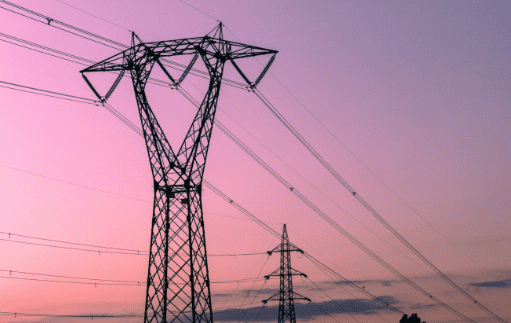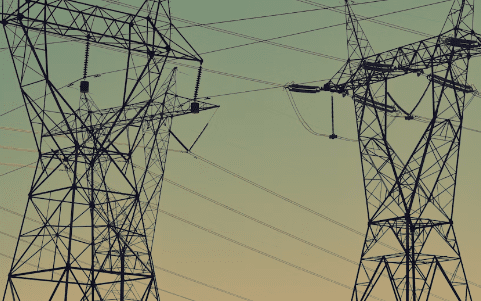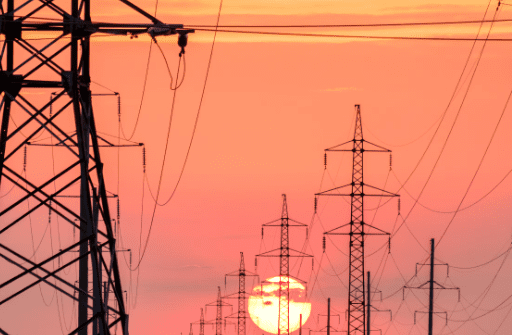Making our economy cleaner and greener has the potential to lower energy bills for everyone. However, new projects for clean energy—like wind farms and solar panels—face strong resistance, notably from richer areas. This may make it harder to get such schemes off the ground, says a new report from the Resolution Foundation.

Why Clean Energy Projects Face Challenges
Clean energy projects, such as wind farms and solar panels, are very important in reducing pollution and bringing down the cost of energy bills. In contrast, however, local communities, most especially those in rich areas, tend to strongly oppose such schemes. Resolution Foundation has a warning that overcoming this opposition is pivotal in ensuring that these projects get built and everyone benefits with lower bills.
What the Resolution Foundation Says
You’re facing a lot of resistance from local groups who don’t want them in their areas,” said Jonny Marshall, a senior economist at the Resolution Foundation. Those groups are often in richer parts of the country that can make it hard for new projects to get the green light. It’s a fight the government needs to be prepared for, Marshall says, even if the changes aren’t popular with some voters. Where Clean Energy Projects Are Planned
This is where most of the planned clean energy projects, like solar farms and wind turbines, are located—parts of the country with richer residents. This therefore means that poorer areas might miss out on these benefits. For example, nearly two-thirds of all proposed solar projects are in the richest 40 percent of neighborhoods. This might cause a situation whereby poor areas do not have as much clean energy infrastructure.

Recent Governmental Moves
Recently, the Labour government has taken a few steps towards ensuring more clean energy. The restrictions on onshore wind farms have been removed, and it has approved three new solar farms. Further, it has started to make gaining planning permission easier. Some MPs—notably those from constituencies where these projects intend to go ahead—are not too happy about the changes.
Energy Secretary’s View
Only last Thursday, Energy Secretary Ed Miliband suggested that the climate emergency is far more of a threat to rural communities than solar panels. He also said, “Moving to green energy is one of the most important steps in dealing with this crisis of our natural world.”
Current Status and Further Action End
The UK has already reduced its emissions by 53%, but isn’t on track to achieve its next goal of a 68% cut by 2030. That is partly because many of the changes so far – such as slashing the use of coal and boosting offshore wind energy – are not very visible in everyday life.
In the future, the country would require a massive upliftment in clean energy infrastructure. This means increasing the number of electricity generation facilities besides those which carry and store it. This gives rise to the proposal of offering financial incentives to communities that are hosting these plants. There exists an appreciable risk that poorer communities might be made to bear the cost of these incentives through higher bills.
Helping Poorer Households
Apart from increasing clean energy production, there needs to be a shift away from fossil-fuel products—such as gas boilers and petrol cars—to cleaner technologies like heat pumps and electric cars. While the clean technologies can sometimes be cheaper in the long run, their high upfront costs make them unaffordable for poorer households.

The Resolution Foundation is calling for the government to underwrite such clean technologies through grants for poorer households. Early versions of this effort—the latest being the Green Homes Grant—have not done much for these ends. Support specifically for people who might be struggling with the costs of transition if it is to work for everyone must be provided. Next, a really relevant example of the nation’s “long tail” difficulties is, without any kind of doubt, clean growth. This is because there are heavy investments involved in its pursuance.
Conclusion
The greening of our economy-which, in principle, can reduce energy bills for everyone-will be diffused by resistance at the local level and will also have to be supported by poorer households. Already on this line, the government’s effort in clean energy is salutary, but a lot more still is required to make sure these advantages come out fairly for all communities.








